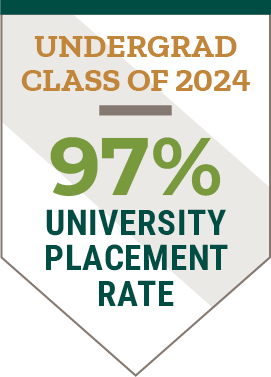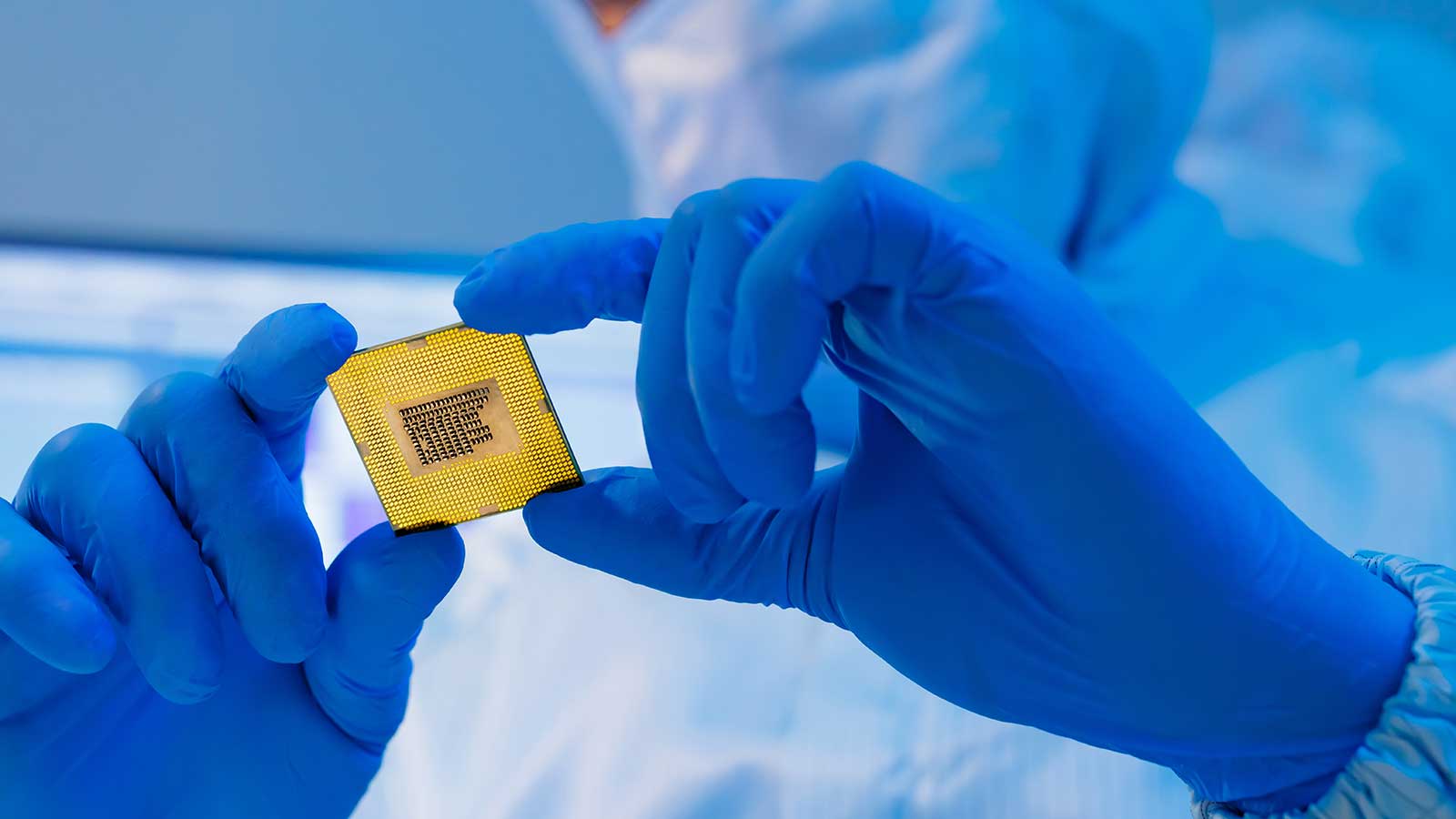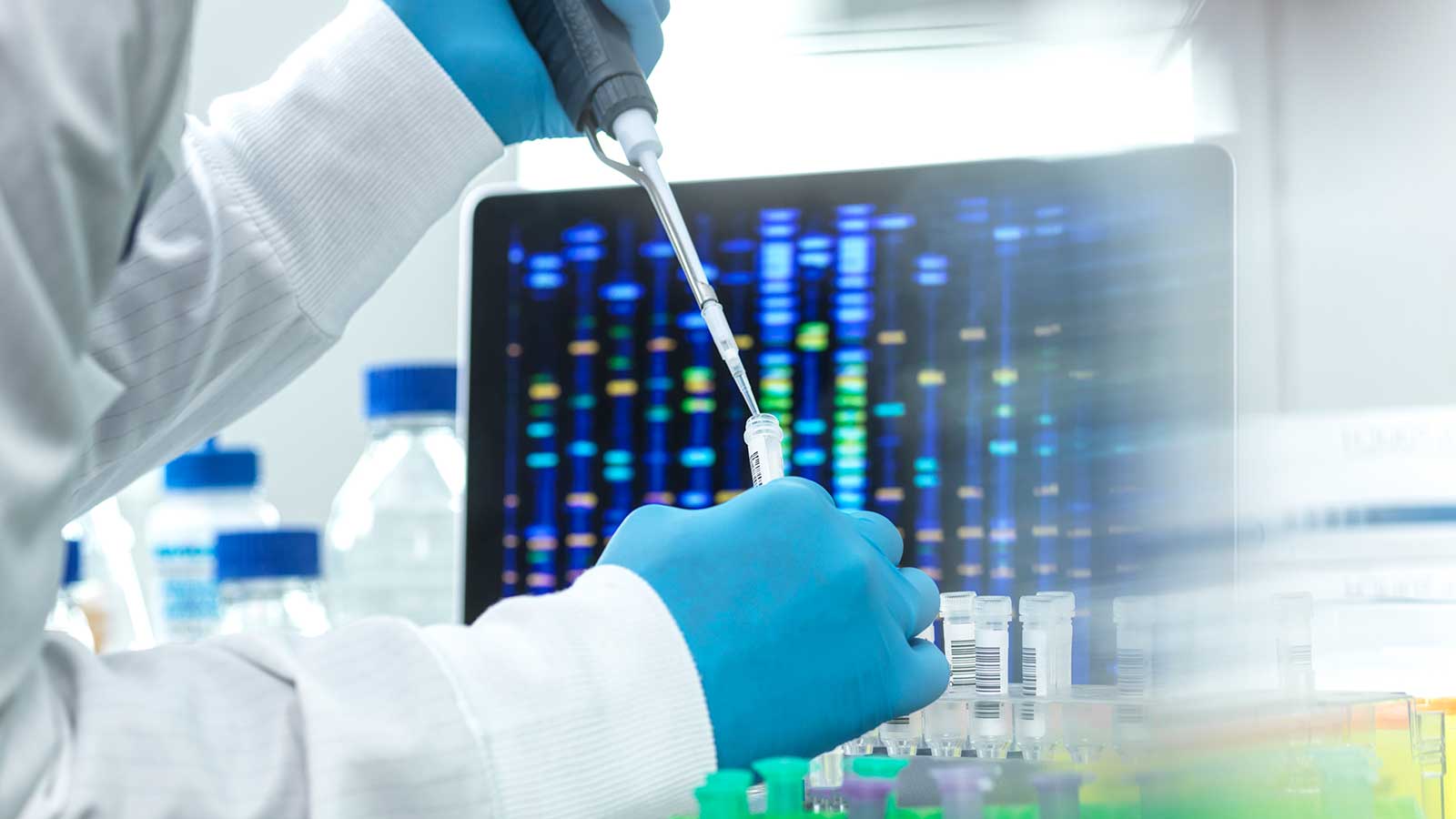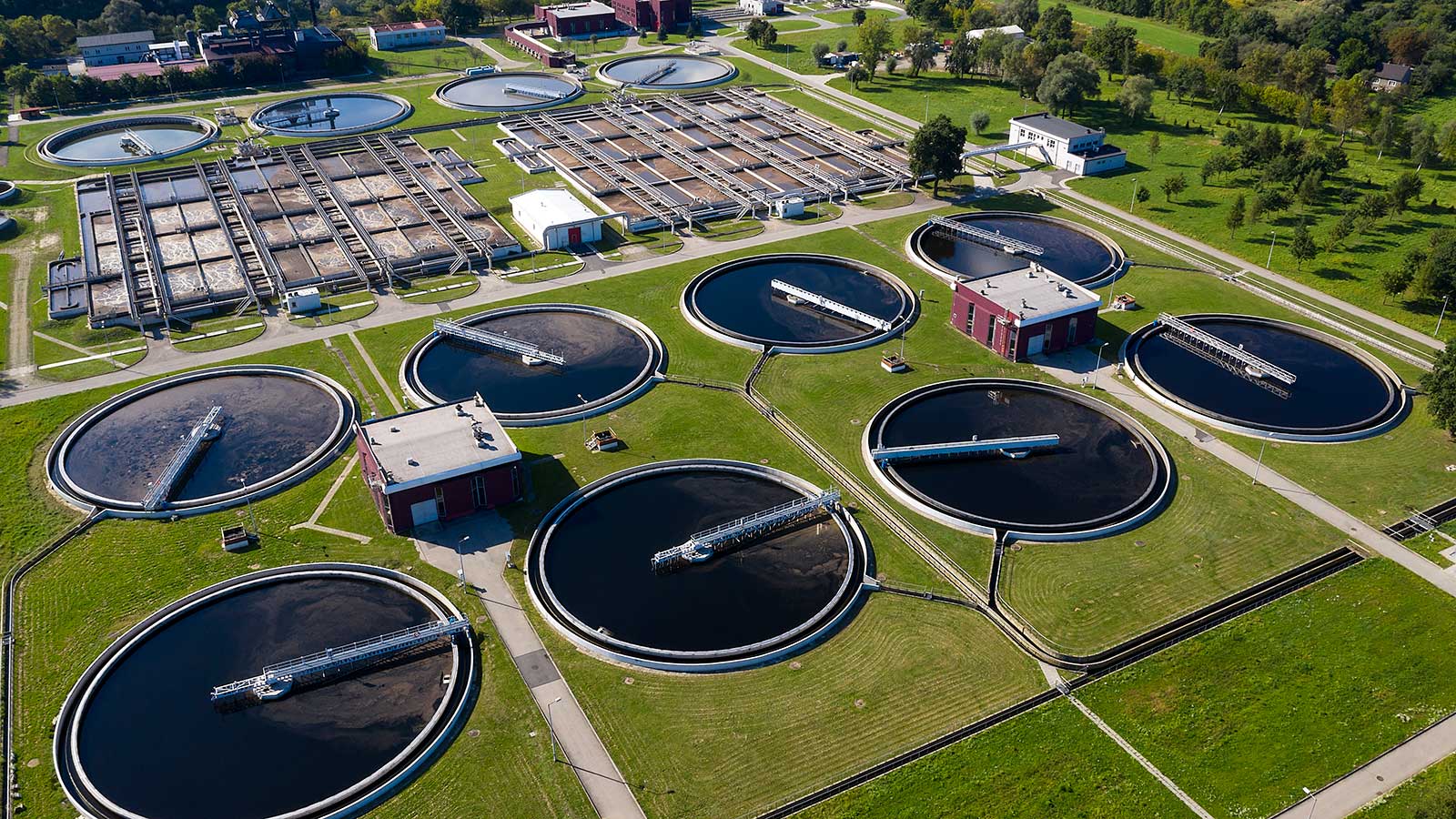
Improve Our World Through Math, Science and Engineering
Are you interested in applying scientific principles to the creation of new chemicals and chemical processes? Chemical engineering brings together math, chemistry, physics, biology and engineering to build — and improve — the world around us. Clarkson's bachelor's degree program in chemical engineering offers a personalized educational environment designed to provide an in-depth understanding of chemical engineering principles.





